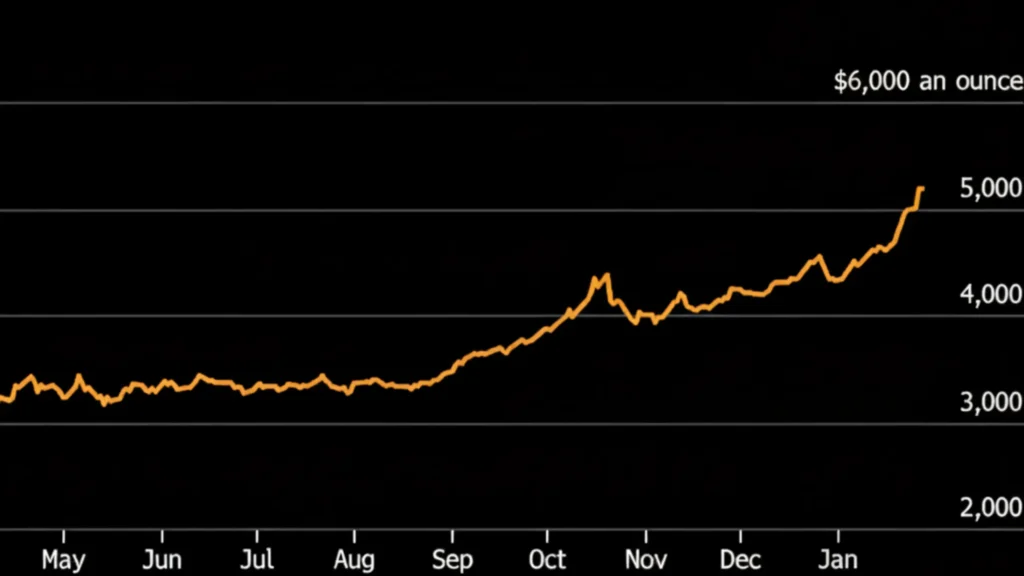Retailers in the United States faced a whopping $685 billion in merchandise returns in 2024. A cheeky 15% of that, or $103 billion, was deemed fraudulent, according to a report by Appriss Retail and Deloitte. Shoppers have turned returns into a game of “backsies” gone wild, and retailers are left holding the empty box.
Picture this: someone buys a sparkly dress for a wedding, dances the night away, and then returns it with a straight face. This practice, called “wardrobing,” was reported by 60% of retail executives surveyed. It’s as if shoppers see return policies as a free rental service for their social calendars.
Then there’s “bracketing,” where folks order three sizes of the same shirt and send back two. It’s not outright fraud, but it’s a logistical nightmare for retailers and a headache for the planet. Nearly half of retailers noted this trend, especially among online apparel shoppers.
Some folks take it up a notch with outright deceit. Imagine returning an empty box or swapping a pricey gadget for a brick and claiming it was “lost in transit.” One crafty soul figured out that three empty CD cases weigh the same as certain products, fooling return systems until the refund was already processed.
Online shopping makes these shenanigans easier. Warehouse workers can’t always spot wine stains or swapped items before issuing refunds. E-commerce returns hit a staggering 24.52% rate in 2024, compared to 8.72% for in-store purchases.
David Morin from Narvar, a retail logistics company, points out that many consumers don’t see these acts as stealing. They’re just “sticking it to the man,” trained by years of lenient return policies. Over half of shoppers admitted to fraudulent returns at least once, per Narvar’s 2024 survey.
Social media is the fraudster’s playground. A quick scroll through TikTok reveals tips for gaming Amazon’s refund system. Reddit forums buzz with debates about returning five-year-old furniture to Costco or browning Christmas wreaths to REI.
Jessica Meher from Loop Returns notes a growing sense of entitlement among shoppers. A 2023 Loop survey found nearly 40% of online shoppers either abused return policies or knew someone who did. It’s a free-for-all out there, and retailers are scrambling to keep up.
Retailers are fighting back with tighter policies. In 2024, 83% required receipts, and 59% shortened return windows to 30 days or less. But these changes haven’t slowed the fraud train, and they risk alienating loyal customers.
Hilary Koziol, who runs an online consignment business, knows the struggle. She once sold a sealed box of trading cards, only for the buyer to claim it contained jeans and demand a refund. Another customer swapped a $50 dress for a makeup-stained version of the same style.
Koziol disputes these claims with platforms like eBay and Depop, but it’s a coin toss whether she’ll win. High-value items hit her business hard. She’s not alone—retailers lost $103 billion to these tricks in 2024.
Organized crime adds fuel to the fire. Groups use counterfeit receipts or fake IDs to return stolen goods, with 48% of retailers reporting this issue. Amazon lost over $700,000 to schemes promoted on TikTok and Telegram, including one where a warehouse worker marked items as returned without receiving them.
Some retailers are turning to tech for help. AI and data analytics spot suspicious patterns, flagging serial returners. Appriss Retail’s solutions, used by 60 of the top 100 U.S. retailers, aim to catch fraud without scaring off honest shoppers.
But there’s a catch. Strict policies might deter fraud, but they also drive away customers. A Narvar survey found 47% of shoppers avoid brands that charge for returns, while 55% skip retailers with restrictive policies.
Retailers are stuck in a comedy of errors, balancing customer satisfaction with fraud prevention. Kevin Mahoney from Deloitte warns that online shopping’s rise could make things worse. Effective policies must cut losses without ruining the shopping experience.
The 2024 holiday season was no exception. Retailers expected 17% of sales to be returned, with fraudulent returns spiking during the chaos. Third-party logistics and extra staff helped, but the problem persists.
Thomas Borders from Inmar Supply Chain says retailers often issue refunds too quickly, leaving little recourse for damaged goods. Premature refunds are a gift to fraudsters. It’s a costly lesson in trust.
From wardrobing to empty-box scams, return fraud is a growing headache. Retailers need smarter strategies to stay afloat. Meanwhile, shoppers might want to think twice before treating that dress as a one-night rental.












Leave a Reply